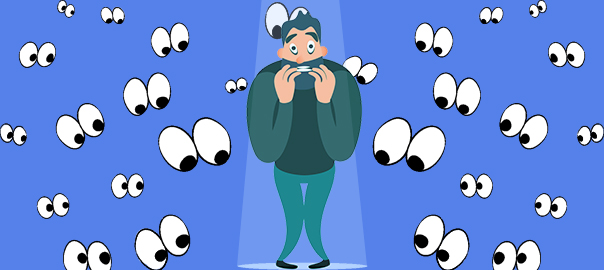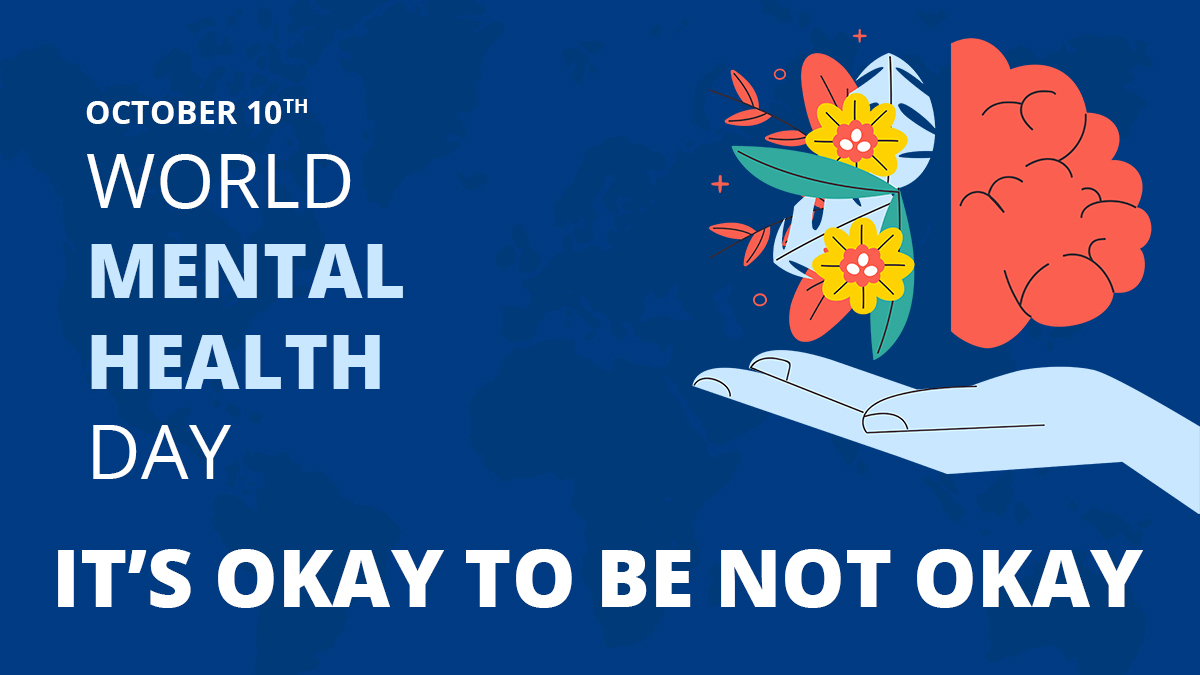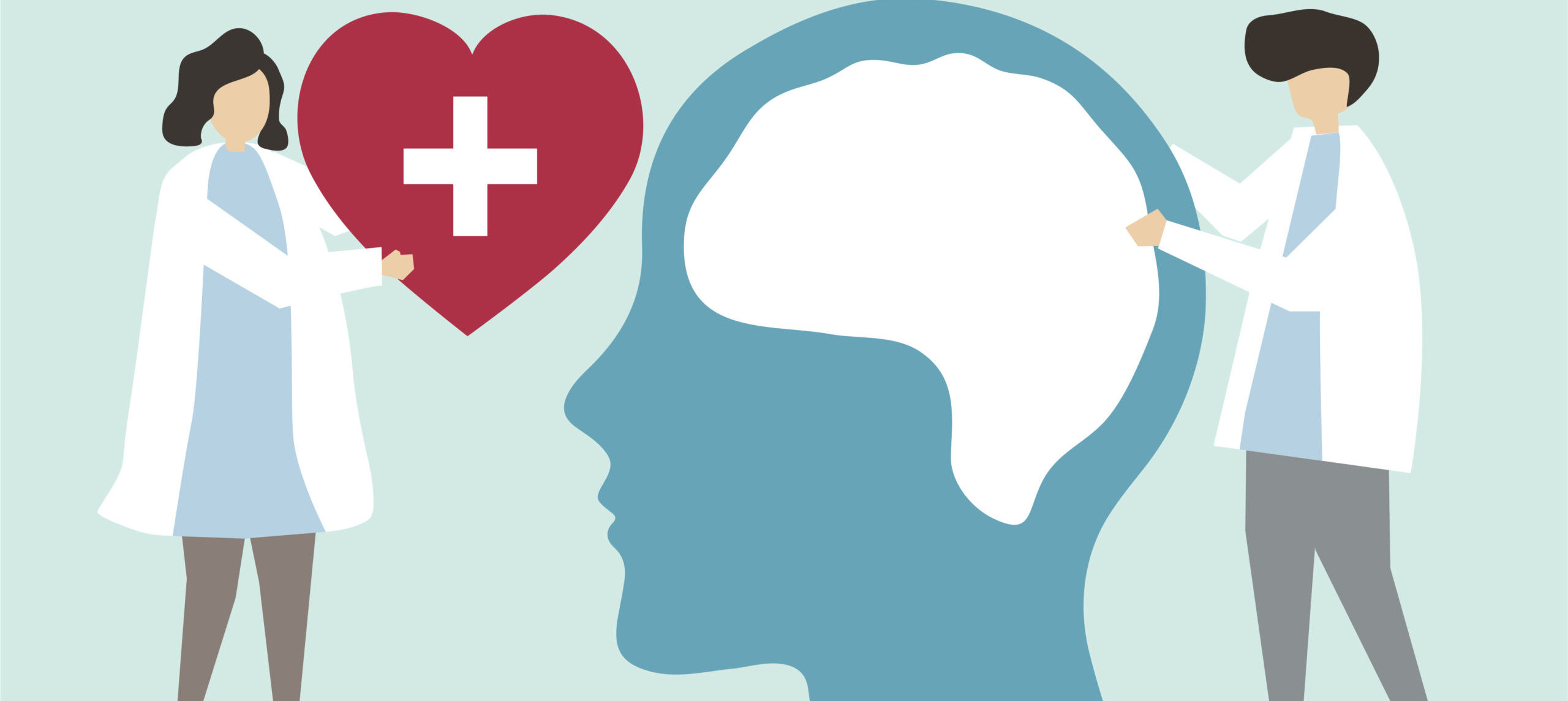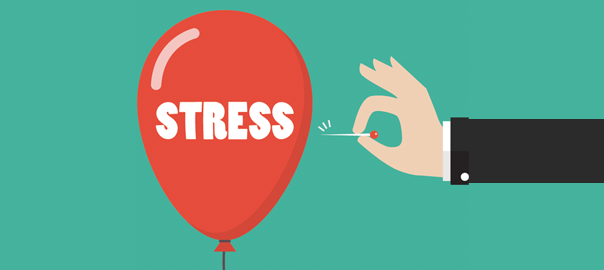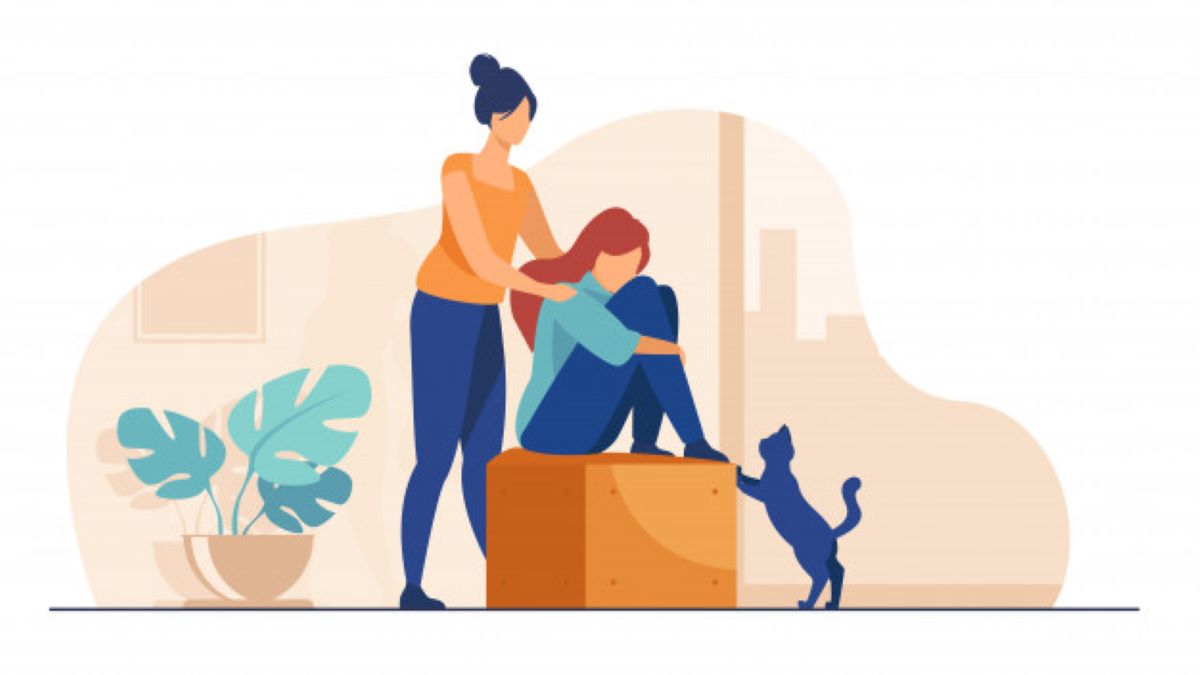Medically reviewed by Dr. Muhammad Ashraf Shera.
Whether it is about performing on stage during your early school days, or entering a room full of people as an adult, being nervous at any point in time is what we all have been through. However, the nervousness to upgrade a level further is what makes it social anxiety disorder.
Besides simple nervousness and a feeling of butterflies in your stomach, a person suffering from a social anxiety disorder will frequently fear to be constantly judged and criticized. One may often feel stupid in front of others and to come out of this, he/she might finally decide to limit any sorts of social interaction.

What are the red flags?
Ring-a-ding-ding! If you find most of the following signs in people around you when they are in public, it should definitely ring a bell.
There can be both physical and emotional signs.
Physical signs:
- Blushing
- Shaking
- Sweating
- Stuttering
- Nausea
- Shortness of breath
- Increased heartbeat
- Dizziness
Emotional or behavioral signs:
- Fear of interaction with strangers, or people in general
- Fear of judgment
- Constant self-criticism
- Avoiding situations that require talking to people

Therapy – the superhero who saves the day
To begin with, cognitive behavioral therapy can be the answer to the question. Make an anxious person go through therapy so as to change the way he/she thinks about him/herself. Quench all the self-hatred with brainstorming and positive thoughts.
In some cases, social anxiety may coexist with a generalized anxiety disorder. The therapist might want to start medications when this happens. Mainly, anti-anxiety and anti-depressants are the drugs of choice. However, consult a professional health service provider before starting any.
What you can do to help?
Imagine a person who is self-conscious during most hours of the day. Random activities like walking in a park, or going up to the cashier might not even bother you much. However, for a person who suffers from social anxiety, these tasks can mean the end of the world. Here’s what you can do to help:
1. Befriend
You know it’s hard for the person to try to approach you, so switch roles and befriend a person with social anxiety yourself.

2. Listen
The best therapy you can give to someone is your time and attention. When you find such people around you, listen to what they are saying to end the stigma.

3. Be kind
Making fun of people and criticizing them is no less than putting oil over a fire. Boom! and there goes the self-esteem of a person who spent many sleepless nights trying to rehearse a social interaction you just spoiled with your criticism. Be empathetic and be nice.

4. Seek help
Talk to these people and make them comfortable enough to seek professional help. Talk them out of the self-denial that makes them deny their symptoms.

The final word
When you look around, you may find a lot of people struggling with mental illness but not many would want to talk about it. Be the shoulder to cry on, be the helping hand, and make the world a bearable place to live in.
Guest Post Credit: Dr. Faryal Zaidi
